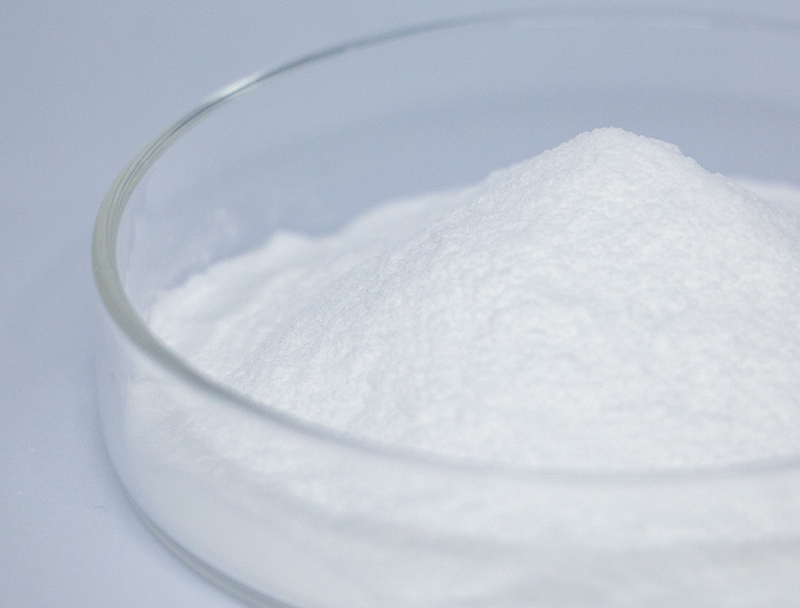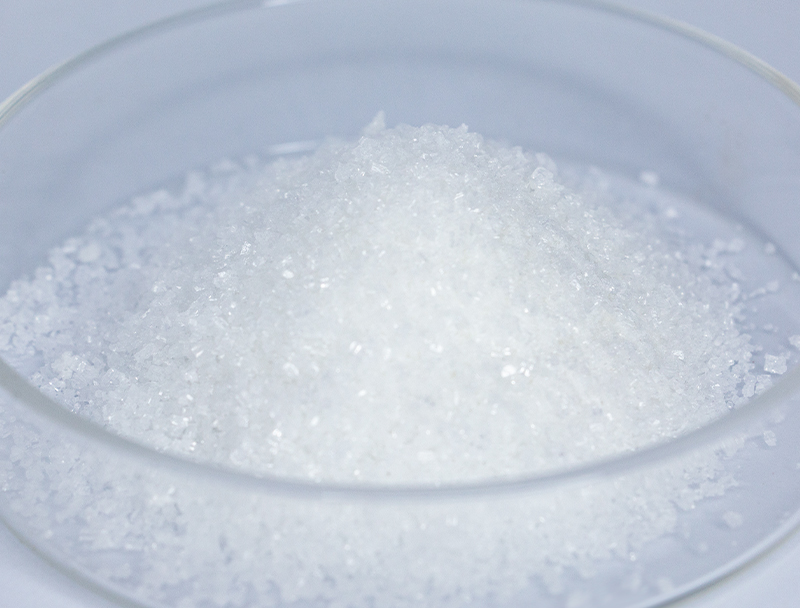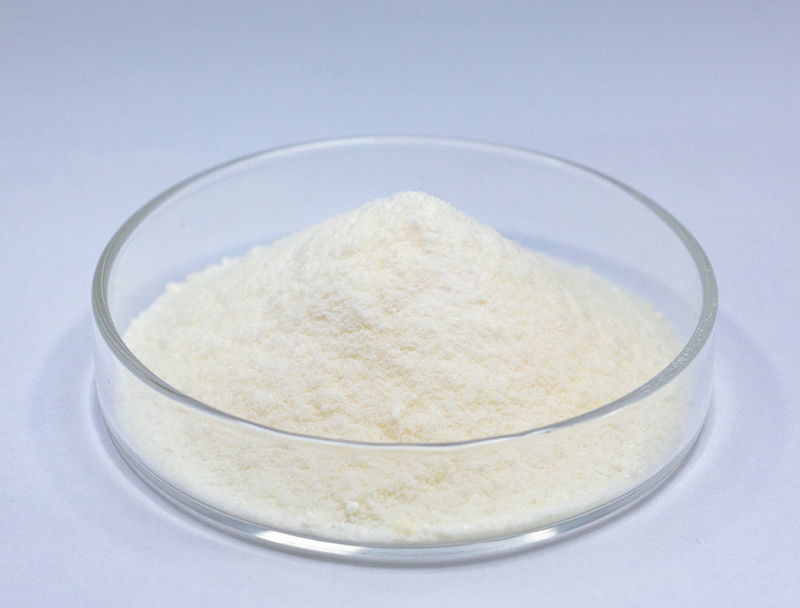
Industrial biosynthesis counts extensively on a comprehensive selection of base components to supply inventive bioproducts.
Guaranteeing sustainably sourced materials is vital for future-proofing and moral progress in biomanufacturing.
various risks tied to conventional feedstock acquisition for instance pollution and systematic depletion of reserves. Accordingly, companies are required to implement regenerative sourcing methods to mitigate footprints.
- Representations of ethical supply approaches are:
- Leveraging biomass from food-processing residues
- Operating reuse-focused platforms to lower discard and increase efficiency
- Forging alliances with neighborhood suppliers supporting green sourcing
The transition to greener sourcing offers both planet-friendly outcomes and business advantages.
Maximizing Feedstock Quality for Increased Biofuel Output
Improving fuel production performance hinges on the attributes of biomass inputs. Engineers continually develop approaches to improve biomass suitability, yielding greater biofuel outputs and greener energy prospects. Methods encompass cellular engineering to augment biomass output and refining processes to liberate fermentable carbohydrates.
- Concurrently, efforts examine seaweed, industrial byproducts, and crop residues to increase the variety of renewable feedstock alternatives for fuel production.
- Thanks to continuous exploration the sector is prepared to realize considerable strides toward an eco-friendlier energy mix.

Biopharmaceutical Production: Innovations in Upstream Processes
includes primary operations from inoculation through cell collection Recent progress has advanced techniques that maximize productivity and increase output.
Notable improvements feature new expression systems, refined media recipes, and automated reactor platforms. Such breakthroughs boost efficiency and simultaneously reduce manufacturing costs and carbon burdens.
- Also, evolving practices favor continuous flow processing which supports more agile upstream control.
- Embracing sophisticated manufacturing strategies is poised to change industry norms and shorten development cycles.

CRISPR and Beyond: Improving Biopharma Production
breakthroughs in precise gene modification systems have reshaped biopharma production. By accurate genomic tuning, developers enhance yields of critical biopharmaceuticals. This route supports the creation of more affordable and productive treatments for multiple disorders.
Microbial Biotechnology as a Sustainable Cleanup Strategy
promising microbial strategies enabling effective environmental cleanup and restoration. Selected microbial cultures can remediate contaminants through biodegradation pathways.. By harnessing this natural potential, we can develop environmentally friendly strategies for cleaning up contaminated sites and mitigating the negative impacts of industrial activities.. Study groups probe microbial metabolic diversity to tackle metals, persistent pesticides, and hydrocarbon spills.. Microbial strains work in bioreactor settings or on-site applications to convert pollutants through biological pathways..
Biological remediation using microbes yields meaningful benefits compared to conventional strategies. Microbial remediation can cut expenses and limit harmful secondary emissions. Moreover, microbes can be tailored to address specific pollutants with minimal impact on non-target organisms. Research progresses swiftly to enhance microbial remediation efficiency and practical effectiveness.
Computational Biology in Drug Discovery
Computational tools have grown indispensable in the current drug discovery landscape. From target selection to safety profiling, bioinformatics empowers rapid, data-informed therapeutic design.
- By analyzing vast datasets of genomic, proteomic, and clinical data, bioinformaticians can uncover novel drug targets and predict the activity of potential therapeutics.
- Also, in silico modeling of molecular interactions accelerates optimization toward more selective therapeutics.
- Finally, data-driven informatics is changing drug development and hastening patient access to effective therapies.
Optimizing Metabolism to Increase Bioproduct Production
uses diverse methods to increase biosynthesis of target bioproducts in organisms. These strategies can involve genetic modifications to optimize metabolic pathways, regulation of gene expression, and the introduction of novel genes to confer new capabilities.. Via targeted metabolic optimization researchers can meaningfully escalate production of desired biochemicals.
Such holistic engineering could impact many areas including medical therapeutics, agricultural outputs, and biofuel production.

Barriers and Benefits When Expanding Biopharmaceutical Manufacturing
Transitioning to higher volumes entails serious complications and potential rewards. Keeping consistent product performance at elevated volumes is a significant challenge. Solving it involves resilient control frameworks, high-resolution monitoring, and modern analytical tools.

A further difficulty lies in process complexity, with many interdependent production phases.. Scaling optimization is a resource-intensive task that calls for substantial innovation and study.. However, the prospective rewards are sizable. Successful industrialization can broaden availability, trim costs, and raise profitability.
Numerous initiatives aim to tackle these scaling challenges. These include the development of new technologies for process optimization, advanced analytics for real-time monitoring and control, and innovative manufacturing strategies.
- Product development and process R&D are pivotal to boosting production capabilities.
- Regulatory agencies are working to streamline approval processes for new manufacturing technologies, facilitating innovation in the field.
Exploring Approval Frameworks for Biopharmaceutical Safety and Effectiveness
Engineering biologic therapies includes robust governance to assure patient safety and measure effectiveness. Biologic therapeutics bring unique regulatory and manufacturing demands unlike traditional pharmaceuticals.
Organizations like the FDA and EMA provide essential guidance and set standards for authorizing novel biotherapeutics..
Comprehensive testing regimens must be followed from early-stage research through ongoing post-approval monitoring.. Such safeguards are intended to detect hazards and ensure therapeutics adhere to top-tier safety benchmarks..
Furthermore, regulatory bodies are constantly evolving their approaches to keep pace with the rapid advancements in biopharmaceutical research.. Programs embrace modern technologies and foster development speed while maintaining patient-centered safeguards.

Exploring the Potential of Plant-Based Biomass Feedstocks in Bioplastics
A stronger push for environmentally responsible materials is driving research into renewable options. Plant-derived biomass as input for bioplastics represents a practical route toward greener materials. Feedstocks including cornstarch, plant cellulose, and sugarcane derivatives yield biodegradable plastics which break down and mitigate plastic pollution.
Likewise, some plant-derived plastics perform similarly to petroleum-based materials for a variety of uses.. Ongoing studies and technology development are vital to exploit plant feedstocks for bioplastics and foster a circular economy.
This Emerging Impact on Public Health and Food Systems
Biotech provides transformative capabilities that can change healthcare outcomes and strengthen food systems. Through CRISPR, synthetic circuit design, and cell therapy progress, developers generate methods to counter infectious agents, optimize crops, and elevate nutritional profiles.. For example, engineered crops with pest resistance and stress tolerance can increase yields while lowering pesticide use.. Sialic Acid Moreover, biotechnology plays a crucial role in developing vaccines, antibiotics, and diagnostic tools that are essential for combating infectious diseases and improving global health outcomes.. With ongoing research, biotech is positioned to enable broad improvements in health and food security that serve global populations.
